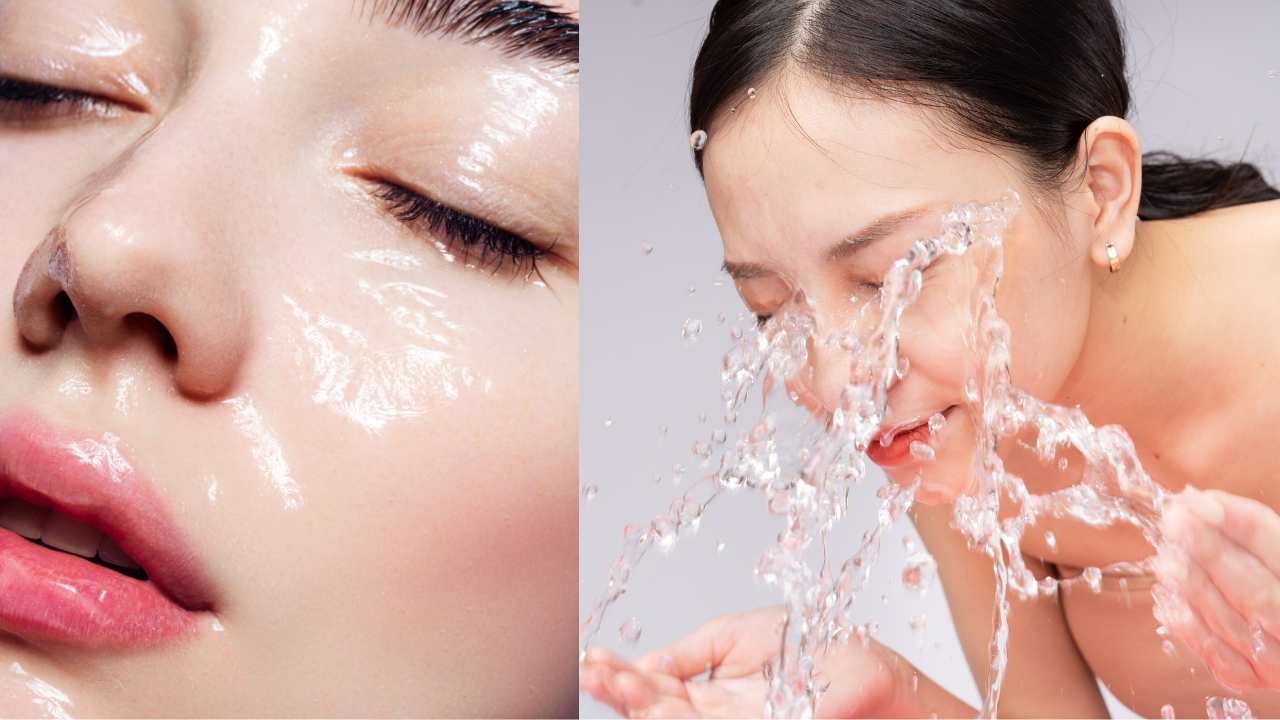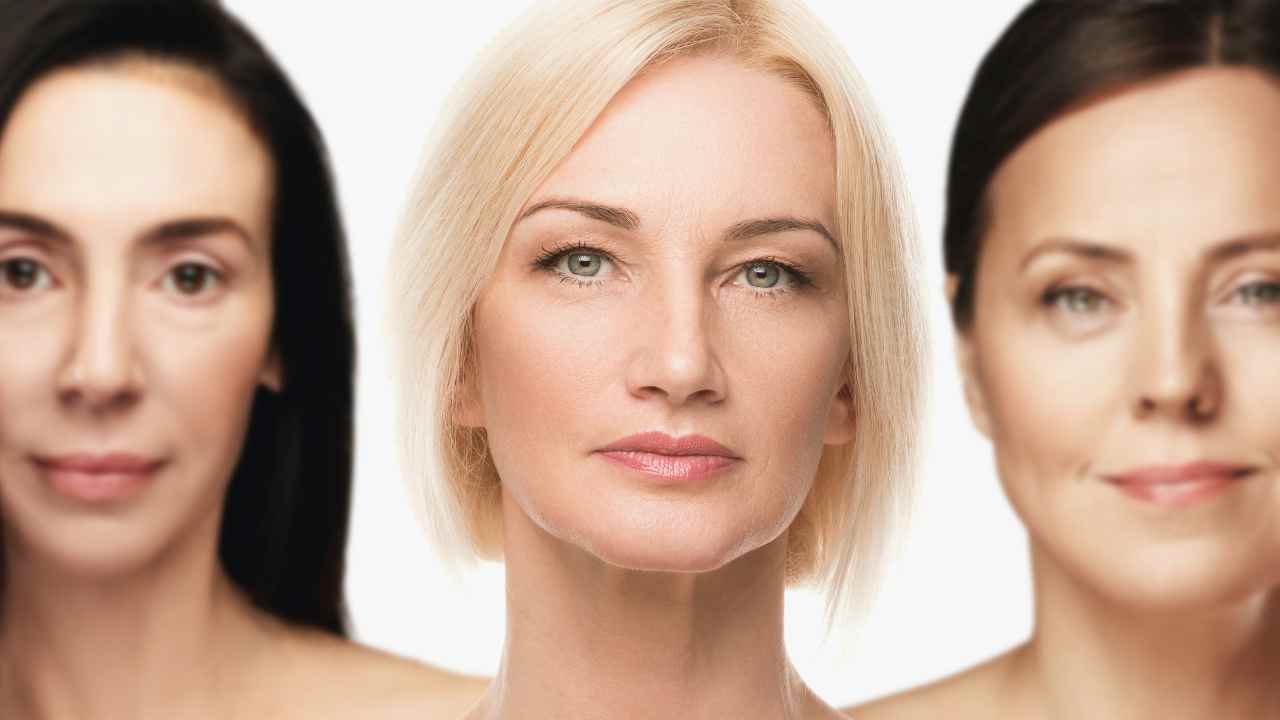
Does Vitamin C Dry Out Skin? Here’s What Dermatologists Say!
If you have dry skin, then you know how important it is to find the right ingredients and products that work for your skin type.
Vitamin C is an incredibly popular skincare ingredient for skin health due to its antioxidant properties, but does it dry out skin?
The answer isn’t as cut and dry as you might think. Let’s take a look at what makes vitamin C such a great skincare ingredient and how it affects those with dry skin.
What Is Vitamin C?
Vitamin C (or ascorbic acid) is one of the most important vitamins in the human body; it helps with wound healing, collagen production, and more.
In terms of skincare, vitamin C has become one of the most popular ingredients due to its antioxidant properties which help protect against damage from free radicals.
It also helps even out uneven skin tone, reduce signs of aging, exfoliate dead skin cells and protect against sun damage.

Are There Different Types of Vitamin C?
Yes, there are various types of vitamin c serum available for the skin. In order to understand why, it is important to know what each form of vitamin c does for our skin.
Most typically known as an antioxidant, vitamin C helps protect and repair our cells from damage caused by free radicals (UV exposure, pollution).
It also plays a role in producing collagen, which helps keep the skin looking firm and young.
When discussing different forms of topical vitamin C available for the skin, it is important to consider absorption rates – how much of the product actually ends up being absorbed into your body so that it can be effective.
There are four main forms of vitamin c: Ascorbic acid (L-ascorbic acid), magnesium ascorbyl phosphate (MAP), tetrahexyldecyl ascorbate (THDA), and sodium ascorbyl phosphate (SAP).
Ascorbic Acid
Ascorbic acid can be harsh on sensitive skin or dry skin due to its low pH level ranging between 2-3.5pH.
Meaning this form would need other acidic ingredients such as glycolic acid, salicylic acid, or lactic acid with them in order to get close their ideal pH range or vice versa
If you have oily skin or acne prone skin then you will prefer a higher pH formulation like those listed below because they won’t strip away your natural oils creating breakouts.
But, they'll still providing the desired vitamin c benefits while keeping levels above 3pH.
Magnesium Ascorbyl Phosphate
Magnesium ascorbyl phosphate is more expensive than ascorbic acid but is far less irritating since it has a neutral pH range around 5-7 making it ideal for all skin types.
This versatile ingredient doubles up both helping with pigmentation concerns and protecting against environmental aggressors such as UVB rays meaning protection against wrinkles and lightening pigmentation spots at same time!
This type contains both phosphorous and magnesium within its chemical construction making perfect partner when used in conjunction with hyaluronic acid.
Tetrahexyldecyl Ascorbate
Tetrahexyldecyl ascorbate offers incredible anti aging properties when applied topically. It's capable of reaching deeper into cellular layers, slowing down aging.
Sodium Asporbyl Phosphate
Sodium Asporbyl Phosphate provides additional target spots reducing acne causing bacteria production and inhibiting overproduction sebum oiliness.
This non irritating version can also help diminish discoloration and dark spots.

What Beauty Products Contain Vitamin C?
Skin care products that contain vitamin C include serums, moisturizers, toners, masks and cleansers.
Serums are packed with concentrated doses of vitamin C. A topical vitamin c serum can be applied alone or under a moisturizer to nourish skin with anti-aging components.
Moisturizers are great for keeping your skin hydrated and healthy while also providing additional protection against wrinkles by delivering Antioxidants like vitamin C directly into the epidermis layer of your skin.
Toners act as an intermediary between cleansing and moisturizing, providing light exfoliation while adding essences like vitamin C to help keep the pH levels balanced.
Masks work similarly but provide deeper penetration so you can get more intense nutrients like those found in vitamin C for long-term benefits on fine lines, age spots and other imperfections caused by aging.
Lastly, cleansing products such as scrubs may contain small amounts of vitamin c which can aid in reducing oiliness on the face along with making it look brighter over time!
Does Vitamin C Prevent Aging Skin?
Yes! vitamin C is an essential antioxidant that helps prevent skin from aging.
It helps protect skin cells from damage by neutralizing free radicals and preventing oxidative stress, which can cause premature wrinkles and age spots.
Vitamin C also promotes skin cell turnover and stimulates collagen production in the skin, leading to a more youthful appearance.
It reduces inflammation that can lead to acne and other blemishes.
Finally, it lightens dark spots associated with sun damage and hyper-pigmentation.

Does Vitamin C Dry Out Skin?
The short answer is no—in fact, vitamin C can actually be beneficial for those with dry skin!
This is because it helps the skin retain moisture better thanks to its ability to increase collagen production.
However, if you have very sensitive skin, then vitamin C may not be the best choice for you.
This is because it can irritate skin or cause redness if used too often or in too high concentrations. Do a patch test to be safe.
How Can I Use Vitamin C on My Dry Skin?
If you want to use vitamin C on your dry skin without causing irritation or drying out your complexion further, there are a few things you can do.
Firstly, make sure you’re using a vitamin c product that’s specifically formulated for dry skin; this means looking for ingredients like hyaluronic acid serum which will help keep your complexion moisturized and hydrated.
Secondly, start off using small amounts at first; this way your skin can get used to the ingredient without any major flare-ups. Apply it in the morning, followed by a moisturizer and SPF.
Lastly, don’t overdo it–it’s best to start vitamin c once or twice a week so that your skin doesn't get overwhelmed by the ingredient.
See how TikTok's favorite dermatologist,Dr. Shah, applies his vitamin c serum with hyaluronic acid.
@dermdoctor Brighten + Smooth Pores – Layering your morning routine with Vitamin C #dermatologist @lorealparisusa @amazon #lorealparispartner #dermdoctor #skincare #lorealpurevitaminc #hyaluronicacid #SkincareRoutine
♬ MOMENTS IN LIFE - Turreekk
Get Your Vitamin C!
All in all, while it's true that some people with skin irritation should avoid using products that contain large amounts of vitamin c (at least until their complexion has healed), those with dry complexions can benefit greatly from adding this powerful antioxidant into their skincare routine.
Just be sure to use products specifically designed for dry skin (with added hyaluronic acid) and start off slowly until your complexion gets used to the ingredient before increasing usage over time.
Do you moisturize your skin but still experience dryness? It happens to a lot of people! Tap the button below to see what you can do to prevent dry skin.

















